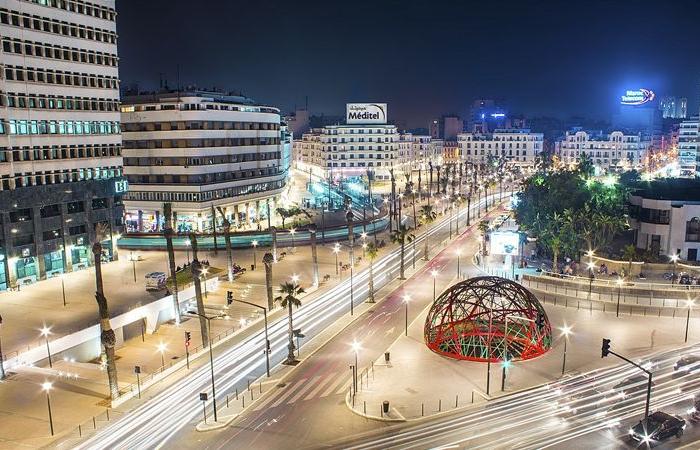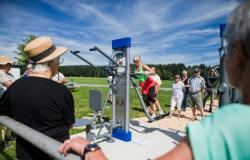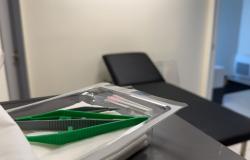The massive plan will create 300,000 jobs and expand rail links to airports and ports across the country, aiming to significantly improve transport.
Moroccan Minister of Transport and Logistics Abdessamad Kayouh on Tuesday unveiled an ambitious investment plan of 96 billion dirhams ($9.6 billion) to modernize the country’s railway infrastructure by 2030.
Kayouh announced this plan during his presentation to the House of Representatives, during a meeting of the Committee on Infrastructure, Energy, Mines, Environment and Sustainable Development in Rabat.
The minister presented the overall strategy aimed at strengthening the rail transport system in Morocco.
In detail, Kayouh indicated that the government is allocating 53 billion dirhams (around $5.3 billion) to the construction of a high-speed rail line to connect Kenitra to Marrakech. The budget will be used to strengthen regional rail transport on existing networks.
In addition, the government is dedicating 29 billion dirhams (approximately $2.9 billion) to the acquisition of 18 high-speed trains and 150 multi-service trains, and reserves 14 billion dirhams (approximately $1.4 billion) additional funding to build or renovate around 40 railway stations and maintain the efficiency of the national network.
-These initiatives are part of a broader rail development plan that extends until 2040 and aims to significantly strengthen Morocco’s rail connectivity.
According to the minister, the long-term vision aims to connect 43 cities, compared to 23 currently, and to serve 87% of the population, compared to 51% currently.
“This ambitious project will revolutionize Morocco’s transport infrastructure,” said Kayouh, adding that the plan includes connecting 12 international airports and 12 ports to the rail network, a substantial increase from the current coverage of an airport and six ports.
Regarding the economic impact, Kayouh said the ambitious plan is expected to create 300,000 new jobs across the country.
This massive investment in infrastructure demonstrates Morocco’s commitment to modernizing its transport network and driving economic growth through improved connectivity.






